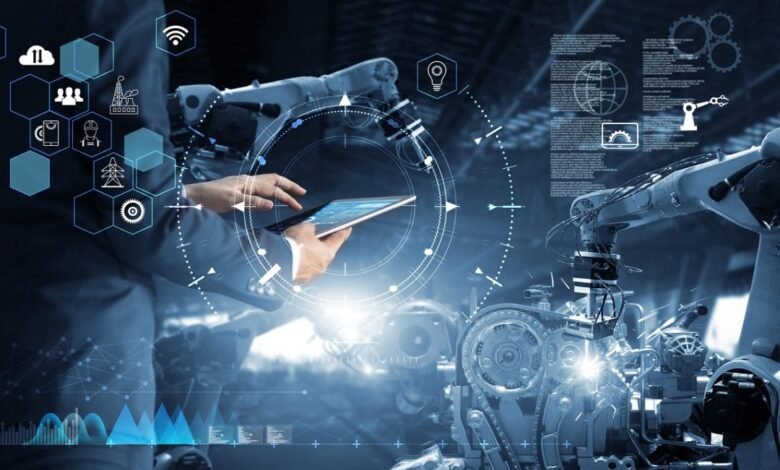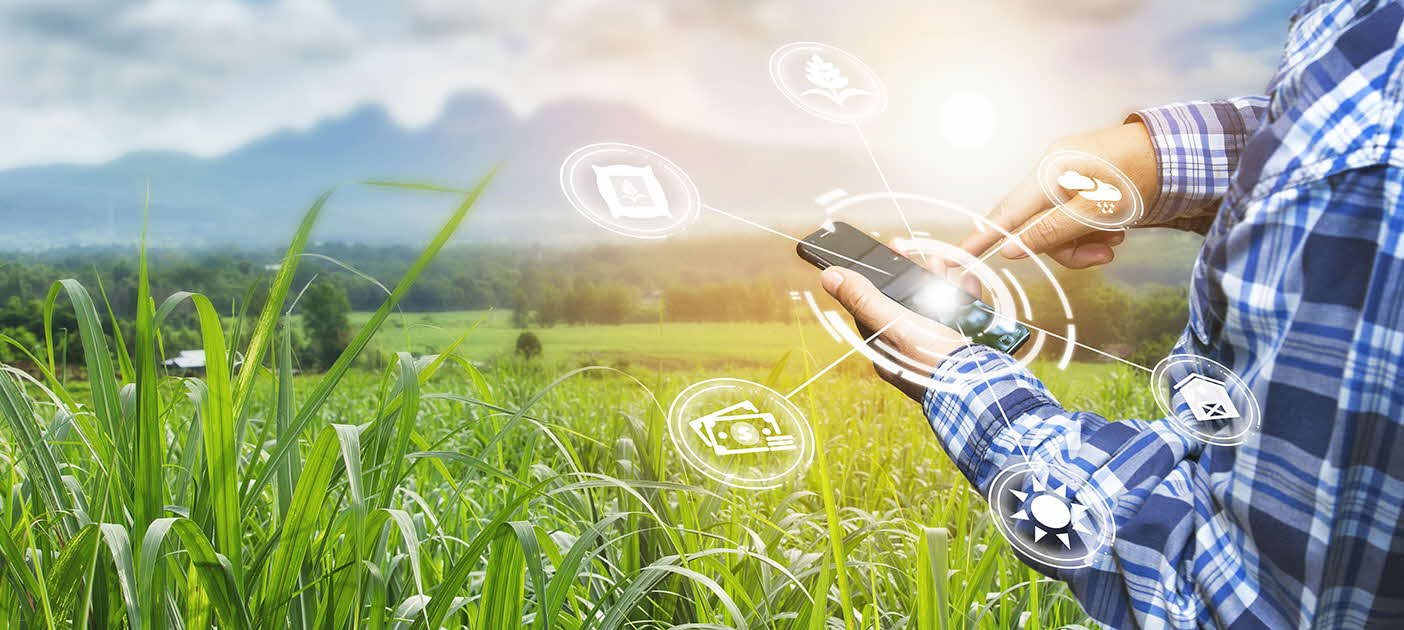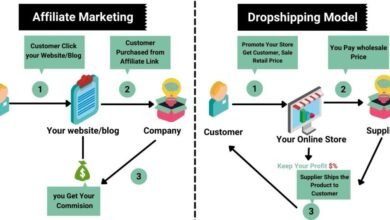The Impact of 5G on IoT: Opportunities and Challenges for Businesses and Consumers

The combination of the fifth-generation (5G) network and the Internet of Things (IoT) is set to revolutionize the way businesses and consumers use technology. 5G promises faster download and upload speeds, lower latency, and higher device density, which can unlock many opportunities for IoT applications. However, there are also some challenges that businesses and consumers need to be aware of. This article will explore the impact of 5G on IoT, highlighting the opportunities and challenges for businesses and consumers.
5G and IoT
What is 5G?
5G is the fifth generation of wireless technology, offering faster data speeds, lower latency, and increased network capacity compared to 4G.
What is IoT?
The Internet of Things (IoT) refers to the network of physical devices, vehicles, home appliances, and other items embedded with sensors, software, and connectivity to enable them to connect and exchange data.
Opportunities for Businesses
Enhanced Connectivity and Data Management
The combination of 5G and IoT can enable businesses to collect and analyze real-time data from multiple sources, leading to better decision-making and improved operational efficiency.
Increased Automation
5G-enabled IoT can help businesses automate various processes, reducing human intervention and errors. For example, smart factories can use IoT sensors and 5G connectivity to optimize manufacturing processes, leading to reduced costs and improved quality.
New Business Models
5G-enabled IoT can enable businesses to develop new business models that were previously impossible. For example, smart cities can leverage 5G and IoT to offer new services such as smart parking, waste management, and public safety.
Opportunities for Consumers

Improved User Experience
5G-enabled IoT can provide consumers with a better user experience by enabling faster download and upload speeds, lower latency, and improved connectivity.
More Personalized Services
IoT devices connected to 5G networks can gather more data on consumers’ behavior, preferences, and needs, allowing for more personalized services and experiences.
New and Innovative Services
5G-enabled IoT can lead to the development of new and innovative services, such as smart homes, smart health, and connected vehicles, leading to improved quality of life.
Challenges for Businesses and Consumers
Security and Privacy
The increased connectivity and data sharing enabled by 5G and IoT can also increase the risk of security breaches and privacy violations, making it essential for businesses and consumers to implement robust security measures.
Infrastructure and Implementation Costs
5G networks and IoT devices require significant infrastructure and implementation costs, making it challenging for small and medium-sized businesses and consumers to adopt these technologies.
Regulatory and Legal Issues
5G and IoT technologies are subject to various regulations and legal issues, such as data privacy laws, network neutrality, and spectrum allocation, making it essential for businesses and consumers to stay informed and compliant.
Read More:The Impact of IOT on Our Daily Lives in 2023
Conclusion
The combination of 5G and IoT offers numerous opportunities for businesses and consumers, from improved connectivity and data management to new business models and personalized services. However, there are also significant challenges, such as security and privacy concerns, infrastructure and implementation costs, and regulatory and legal issues that need to be addressed. To fully realize the potential of 5G-enabled IoT, businesses and consumers need to work together to address these challenges and create a more connected and intelligent world.
FAQs
- What is the impact of 5G on IoT?
- The combination of 5G and IoT offers numerous opportunities for businesses and consumers, from improved connectivity and data management to new business models and personalized services.
- What are the benefits of 5G-enabled IoT for businesses?
- 5G-enabled IoT can enhance connectivity and data management, increase automation, and enable new business models such as smart cities.
- How can 5G-enabled IoT benefit consumers?
- 5G-enabled IoT can provide consumers with a better user experience, more personalized services, and access to new and innovative services such as smart homes and connected vehicles.
- What are the challenges of implementing 5G-enabled IoT?
- Challenges include security and privacy concerns, infrastructure and implementation costs, and regulatory and legal issues such as data privacy laws and network neutrality.
- How can businesses and consumers address these challenges?
- Businesses and consumers can work together to implement robust security measures, find cost-effective solutions for implementing 5G and IoT technologies, and stay informed and compliant with regulations and legal issues.
In conclusion, the impact of 5G on IoT presents both significant opportunities and challenges for businesses and consumers. The increased connectivity and data sharing capabilities of 5G-enabled IoT can lead to improved operational efficiency, new business models, and personalized services for consumers. However, there are also challenges such as security and privacy concerns, infrastructure and implementation costs, and regulatory and legal issues that need to be addressed. With the right solutions in place, businesses and consumers can fully realize the potential of 5G-enabled IoT and create a more connected and intelligent world.











